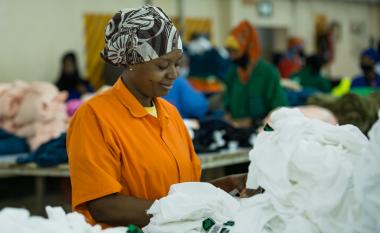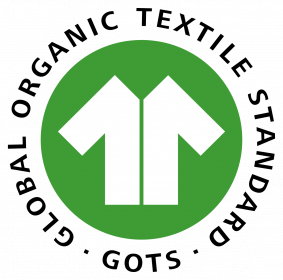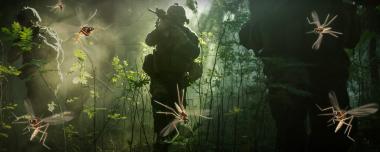PureDenim & Bemberg ™: “Blue di Cupro” collection at Pitti Uomo
In occasion of the next edition of Pitti Uomo, Bemberg™ by Asahi Kasei – the unique fiber with a circular economy footprint obtained from cotton linters through a closed-loop process ensuring certified sustainability credentials through its transparent and traceable approach- reveals a very special Bemberg™ fabrics smart range dedicated to premium denimwear.
This has been made possible thanks to the partnership with PureDenim, a leading Italian company whose strategy since 10 years is based on an entire re-design of the production system, inspired by circular economy principles that combines technology and innovative materials in order to offer the highest levels of design, innovation and real responsible values derived from an holistic approach to sustainability.
The “Blue di Cupro” collection is made with seven fabrics made with Bemberg™, either 100% Bemberg™ or in blend with cotton, wool, and it applies the most advanced Pure Denim Technologies. The Blue di cupro fabrics made with Bemberg™ will also be dyed with “Smart Indigo” an indigo dye technology internally produced by PureDenim, through a chemical-free production. The only elements involved are: water, indigo pigments, and electricity. In terms of finishing, fabrics’ looks and performances are enhanced by the “Eco Sonic” ultrasounds finishing technology which brings significant reduction of water used, increased aesthetic features and controlled discoloration. And last but not least every yarn used at PureDenim is protected by NaturalReco® a 100% natural product that completely SUBSTITUTE the use of plastic films that are one of the key causes of microplastic emission for denim application.
“Blue” seems to be the new colour of Bemberg™, in fact, the company in early November 2022 announced, at the Blue Friday initiative by UNESCO's Intergovernmental Oceanographic Commission (IOC), the achievement of the OK biodegradable MARINE certification, which guarantees the biodegradability of its products even in the marine environment, as certified by TÜV AUSTRIA, meaning a lot in the context of microplastics in water issue solutions. This Bemberg™ certification’s achievement comes on top of other key ones such as the INNOVHUB report that confirms Bemberg™ biodegradability in soil without releasing hazardous substances, the RCS by Textile Exchange, and the Oeko-Tex Standard 100 and ISO 14001 corporate certifications.
C.L.A.S.S.





























